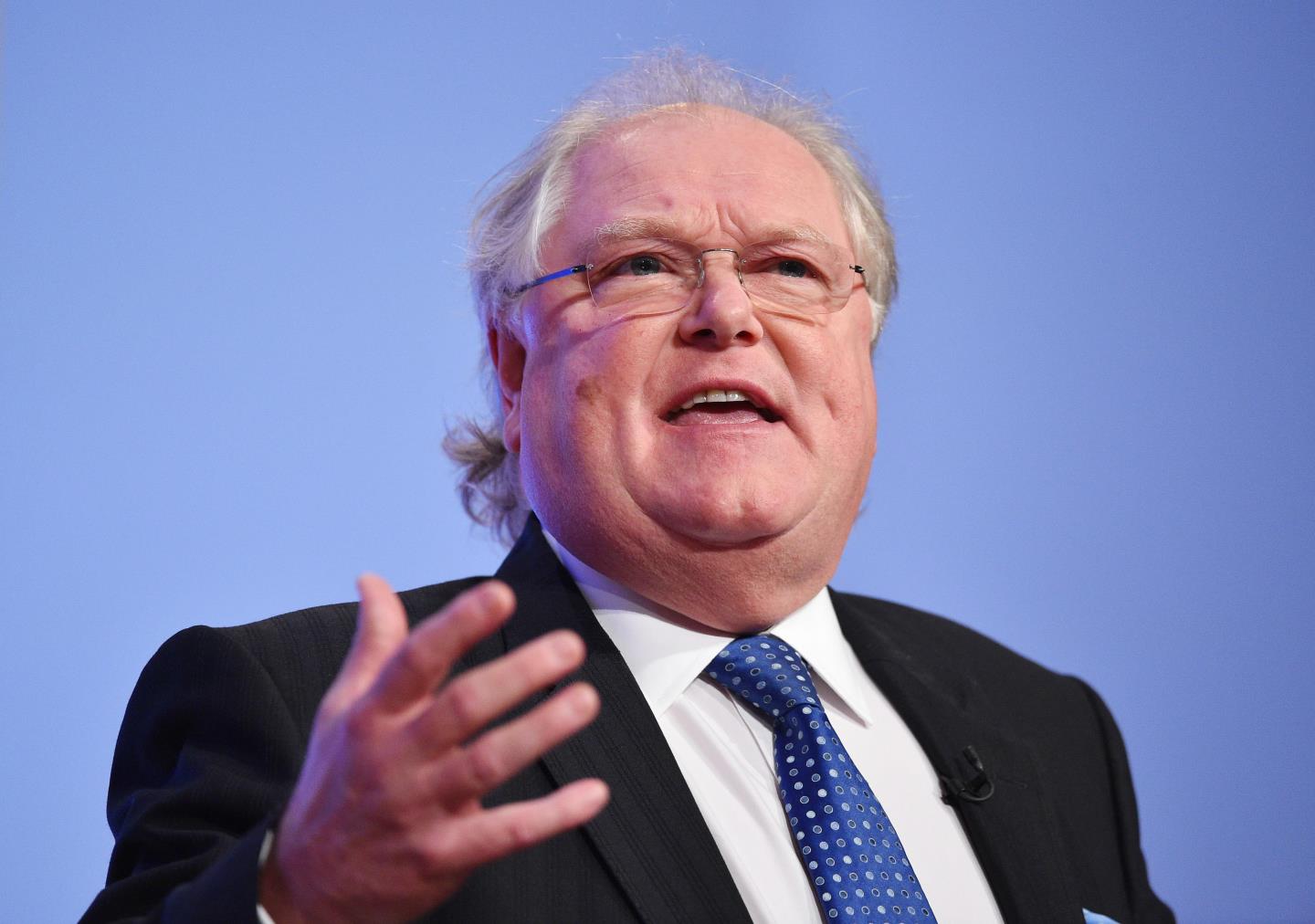Lord Digby Jones or, as Stephen Fry points out, Digby, Lord Jones if we are being picky – which we are – illustrates the dangers of being publicly humiliated by toffs.
Mind your Ps and Qs – and definitely your Gs – because His Lordship has blasted presenter Alex Scott for saying “swimmin’ , boxin’ and fencin’” in her Olympic coverage.
“I fear,” he complains, “that it may be aped by youngsters, along the lines of the use of the moronic interrogative originally caused by Neighbours”. The rest of us worry about trivialities like Covid, paying the rent, or global climate change, so it’s good to know the huntin’, shootin’ , fishin’ brigade are concentrating on life’s more esoteric anxieties.
Does Lord Digby Jones see himself as a Henry Higgins?
Scott, a former Arsenal player and star of England’s football team, knows her stuff. She is also, she told Jones, proud to be working class. Jones retorted that he “objected strongly to her playing the class card”. This was nothing to do with class or regional accent, he said, an argument he spoiled somewhat by suggesting elocution lessons.
“She’s wrong,” he said, “And by the way, I think I’m right.” Well! Please allow me to preface this with the verbal equivalent of a bent knee and tugged forelock, your lordship, but is there possibly some white, male, middle-class entitlement creeping in there?
I’m from a working class family in East London, Poplar, Tower Hamlets & I am PROUD 🙌🏾
Proud of the young girl who overcame obstacles, and proud of my accent!
It’s me, it’s my journey, my grit.
(1/3) 👇🏾 https://t.co/EObv88MVS0— Alex Scott MBE (@AlexScott) July 30, 2021
Not since Professor ‘Enry ‘Iggins took on flower girl Eliza Doolittle in My Fair Lady have I heard such patronising poppycock. But at least the prof knew what he was talking about in his Received Pronunciation (RP) accent – which, by the way, is now spoken by only 3% of the UK population.
‘Enry didn’t vow to pass Eliza off amongst the elite of London society by educating her to degree standard. He vowed to do so by changing how she spoke. Eliza needed to talk proper.
Lord Snotty, on the other hand, is working in reverse, passing himself off as “a Brummie” from humble background. Oh, not that old red herring again.
Jones can’t compare his experience to Scott’s
The wealthy and successful have a habit of asserting that if they can do it, “anyone” can. It’s a kind of double bluff arrogance. “Humble” is a relative term. His parents, Lord Digby says, could never have afforded his posh school’s fees. He got a scholarship, no less, to Bromsgrove boarding school, one of the UK’s oldest public schools. (To put this in context, Bromsgrove’s boarder fees are currently over £13,000 per term.)
Jones became head boy and if he thinks all that makes him ordinary Joe, he clearly didn’t get his scholarship for insight.
All of us are a result of our influences and experiences. The company we keep, the social standards we inhale, the expectations placed on us. And those standards, influences and expectations are not the same on a Brummie council estate as they are in Bromsgrove public school. (And I’d wager there are precious few in Brummie comprehensives answering to the name of “Digby”.)
Informal ‘poshness’ tests stil catch working class people out
Accent is still a passport to success in Britain. A Social Mobility Commission study found that even when working class candidates had the relevant qualifications, they were often unable to access elite professions because of informal “poshness” tests – like accent.
Jones boils this down, minus the politics: he talks properly; Scott doesn’t. “Can’t someone give these people elocution lessons?” he demanded.
“These people”? Cor blimey guv, if only we was all as posh as wot you are.
My father would never have unnecessarily humiliated anyone, or passed personal remarks that publicly criticised their speech, dress, or background
I still remember my surprise when my father, who didn’t have a particularly strong Glaswegian accent by then, told me that in teacher training he’d been forced to take elocution lessons. He came from Anderston and originally pronounced “stone” as “stane” and “floor” as “flare”.
Lord Jones would no doubt say that in English, “o” is not pronounced “a”. To which I would say, it is if you come from Anderston.
Most girls love their dads but mine was one of the cleverest men I ever met. Interesting that Digby Jones would probably have judged his early accent harshly.
Yet, my father would never have unnecessarily humiliated anyone, or passed personal remarks that publicly criticised their speech, dress, or background. That is the kind of class that no title can give you.
Catherine Deveney is an award-winning investigative journalist, novelist and television presenter












